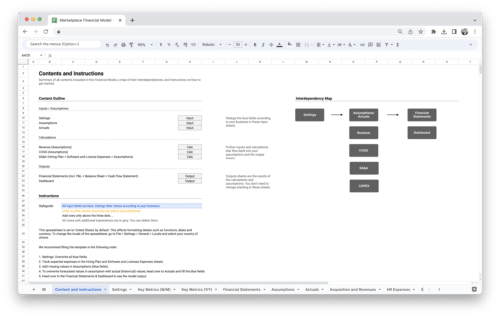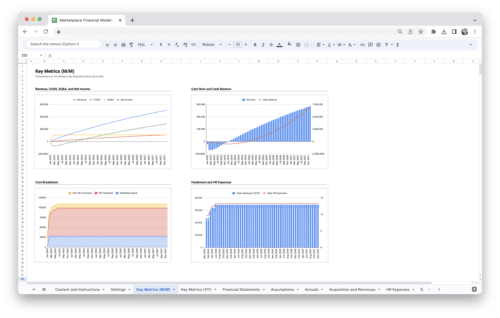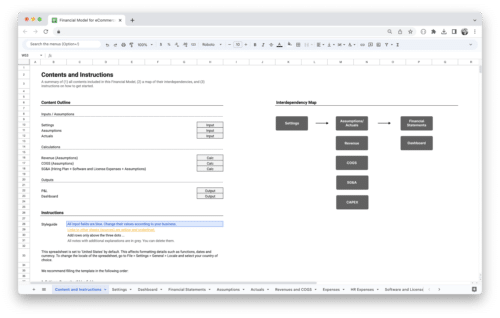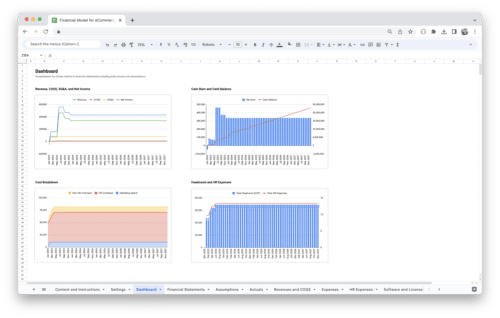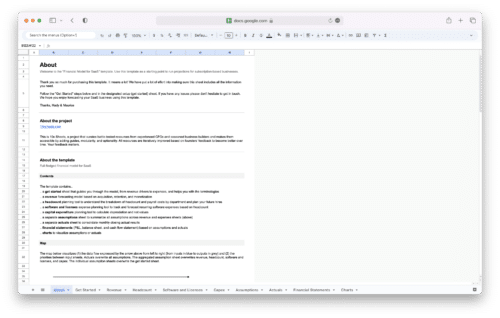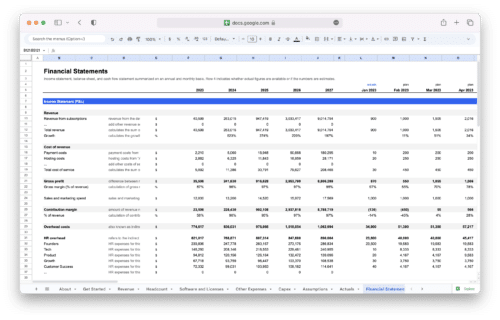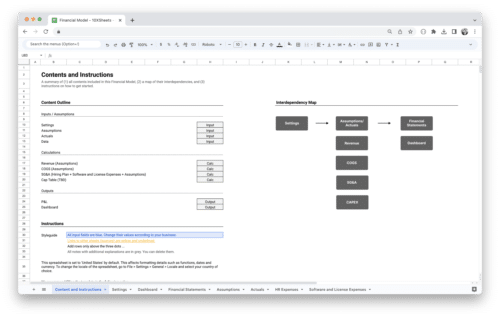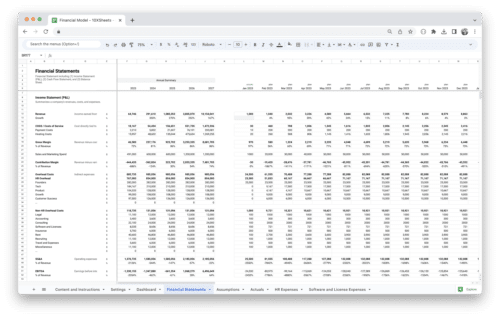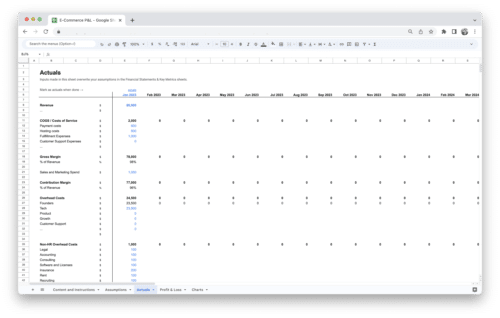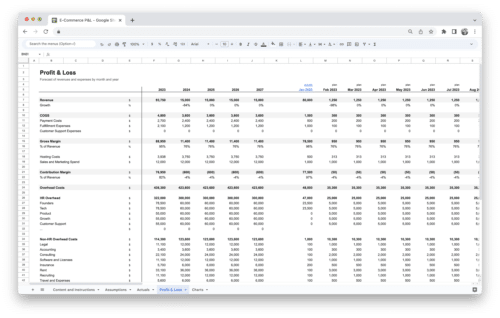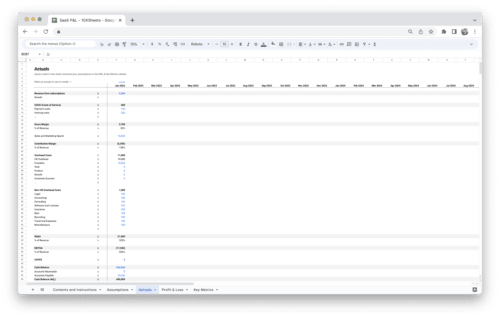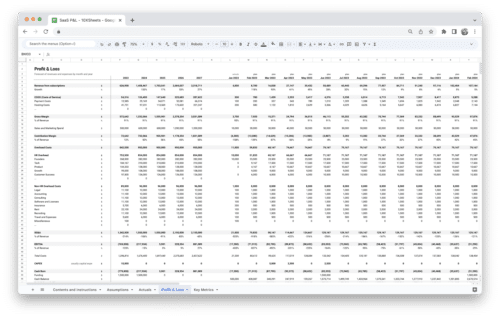
Taxes are compulsory payments imposed by the government on individuals and organizations to fund public services such as healthcare, education, and national defense. Tax laws vary by country, and taxes can take many forms, such as income tax, sales tax, property tax, and corporate tax. Understanding taxes and their implications is essential for individuals and businesses to comply with tax laws and avoid penalties.
Types of Taxes
Income Tax
Income tax is a tax imposed on the income earned by individuals and businesses. In most countries, the amount of income tax paid is proportional to the amount of income earned. Some countries have progressive tax systems, where the tax rate increases with increasing income levels. Deductions and exemptions can also reduce the taxable income.
The calculation of income tax involves multiplying the taxable income by the tax rate and subtracting any deductions and exemptions. For example, if an individual’s taxable income is $50,000, and the tax rate is 20%, the income tax owed would be $10,000.
Sales Tax
Sales tax is a tax imposed on the sale of goods and services. The tax rate varies by jurisdiction, and it can be a fixed amount or a percentage of the sales price. Sales tax is usually collected by the seller at the point of sale and remitted to the government. Sales tax can be levied at the federal, state, or local level. In some countries, sales tax is known as value-added tax (VAT), which is a tax on the value added at each stage of production and distribution.
Property Tax
Property tax is a tax imposed on real estate, such as land, buildings, and homes. Property tax rates vary by jurisdiction, and they are usually based on the value of the property. The calculation of property tax involves multiplying the assessed value of the property by the tax rate. Property taxes are used to fund local services such as schools, roads, and public safety.
Corporate Tax
Corporate tax is a tax imposed on the profits earned by corporations. The tax rate varies by jurisdiction, and it can be a fixed amount or a percentage of the profits. Corporate tax is usually levied at the federal and state level. Some countries have lower corporate tax rates to attract foreign investment. The calculation of corporate tax involves subtracting the deductible expenses from the gross revenue and then multiplying the result by the tax rate.
Taxation Process
Filing Tax Returns
Filing tax returns is the process of reporting income, deductions, and tax owed to the government. The deadline for filing tax returns varies by jurisdiction, but it is usually on or before April 15th in the United States. Tax returns can be filed electronically or on paper. Taxpayers who fail to file tax returns on time may be subject to penalties and interest.
Tax Audits
Tax audits are conducted by the government to ensure compliance with tax laws. Tax audits can be random or targeted. During a tax audit, the government may request documentation to support the income and deductions reported on the tax return. Taxpayers who are found to have underreported income or overstated deductions may be subject to penalties and interest.
Tax Deductions and Credits
Tax Deductions
Tax deductions are expenses that can be subtracted from the taxable income, thereby reducing the amount of tax owed. Some common tax deductions include charitable donations, mortgage interest, and medical expenses. Taxpayers can choose to take either the standard deduction or itemize their deductions. The standard deduction is a fixed amount that varies by filing status and is adjusted annually for inflation.
Tax Credits
Tax credits are dollar-for-dollar reductions in the amount of tax owed. Tax credits can be refundable or non-refundable. Refundable tax credits can result in a refund even if the taxpayer owes no tax, while non-refundable tax credits can only reduce the tax owed to zero. Some common tax credits include the earned income tax credit, child tax credit, and education tax credits.
Tax Planning and Strategies
Tax Planning
Tax planning involves arranging financial affairs to minimize tax liability. Tax planning strategies can include maximizing deductions, contributing to retirement accounts, and timing income and expenses. Tax planning should be done throughout the year to ensure compliance with tax laws and avoid penalties.
Tax Strategies for Businesses
Businesses can use several tax strategies to reduce tax liability, such as taking advantage of tax credits, maximizing deductions, and using tax-deferred retirement plans. Businesses should also be aware of changes in tax laws and regulations that may affect their tax liability.
Tax Professionals
Certified Public Accountants (CPAs)
CPAs are licensed professionals who provide accounting and tax services to individuals and businesses. CPAs are required to pass a rigorous exam and meet continuing education requirements to maintain their license. CPAs can provide tax planning and preparation services, as well as represent clients in tax audits.
Enrolled Agents (EAs)
EAs are tax professionals who are authorized by the IRS to represent taxpayers in tax matters. EAs must pass a comprehensive exam and meet continuing education requirements to maintain their authorization. EAs can provide tax preparation, planning, and representation services to individuals and businesses.
Conclusion
Taxes are an essential part of funding public services and maintaining the economy. Understanding the types of taxes, taxation process, deductions and credits, tax planning strategies, and tax professionals is crucial for individuals and businesses to comply with tax laws and avoid penalties. By staying informed and seeking professional advice, taxpayers can reduce their tax liability and achieve financial goals.
Get Started With a Prebuilt Template!
Looking to streamline your business financial modeling process with a prebuilt customizable template? Say goodbye to the hassle of building a financial model from scratch and get started right away with one of our premium templates.
- Save time with no need to create a financial model from scratch.
- Reduce errors with prebuilt formulas and calculations.
- Customize to your needs by adding/deleting sections and adjusting formulas.
- Automatically calculate key metrics for valuable insights.
- Make informed decisions about your strategy and goals with a clear picture of your business performance and financial health.

